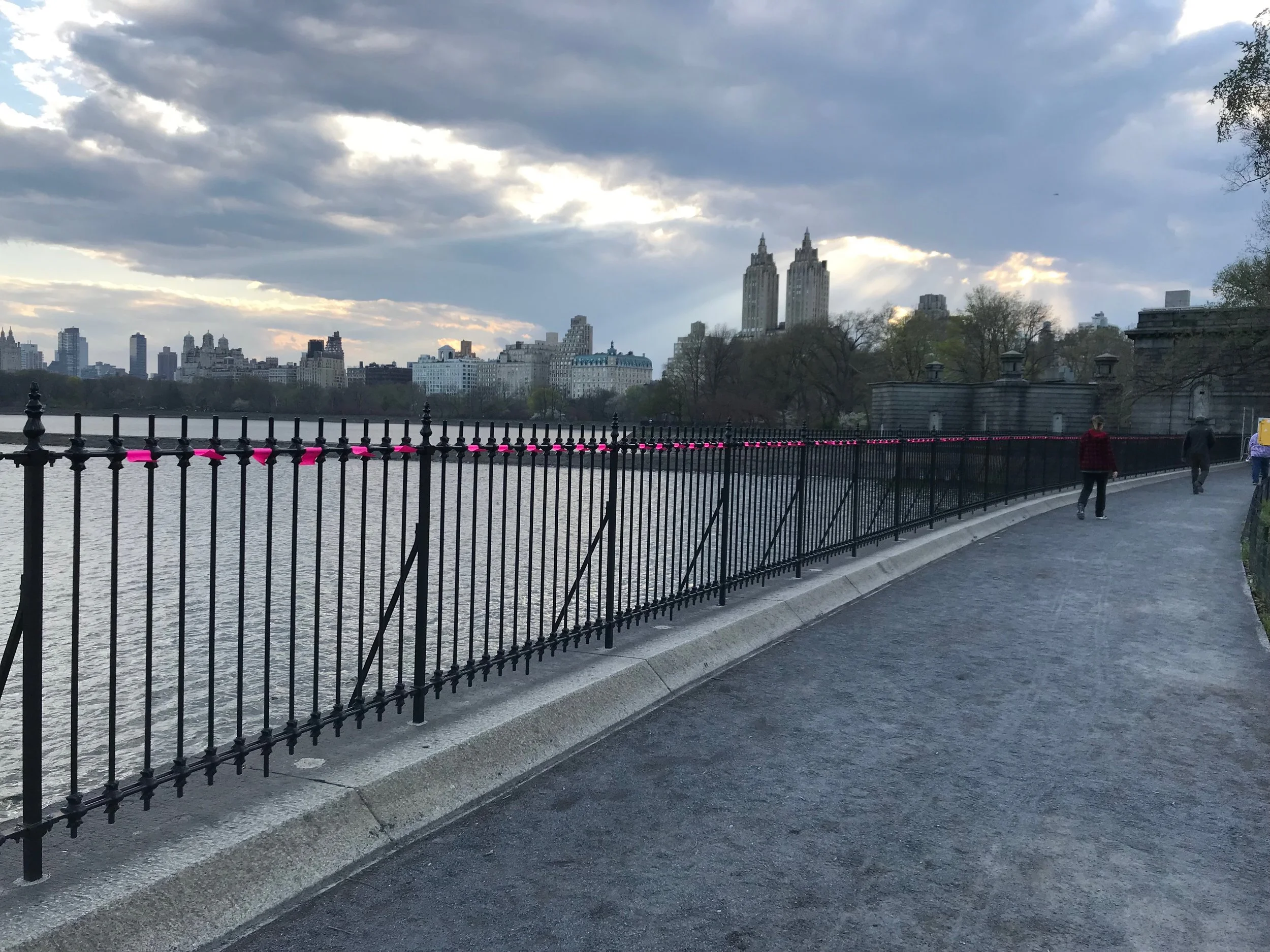

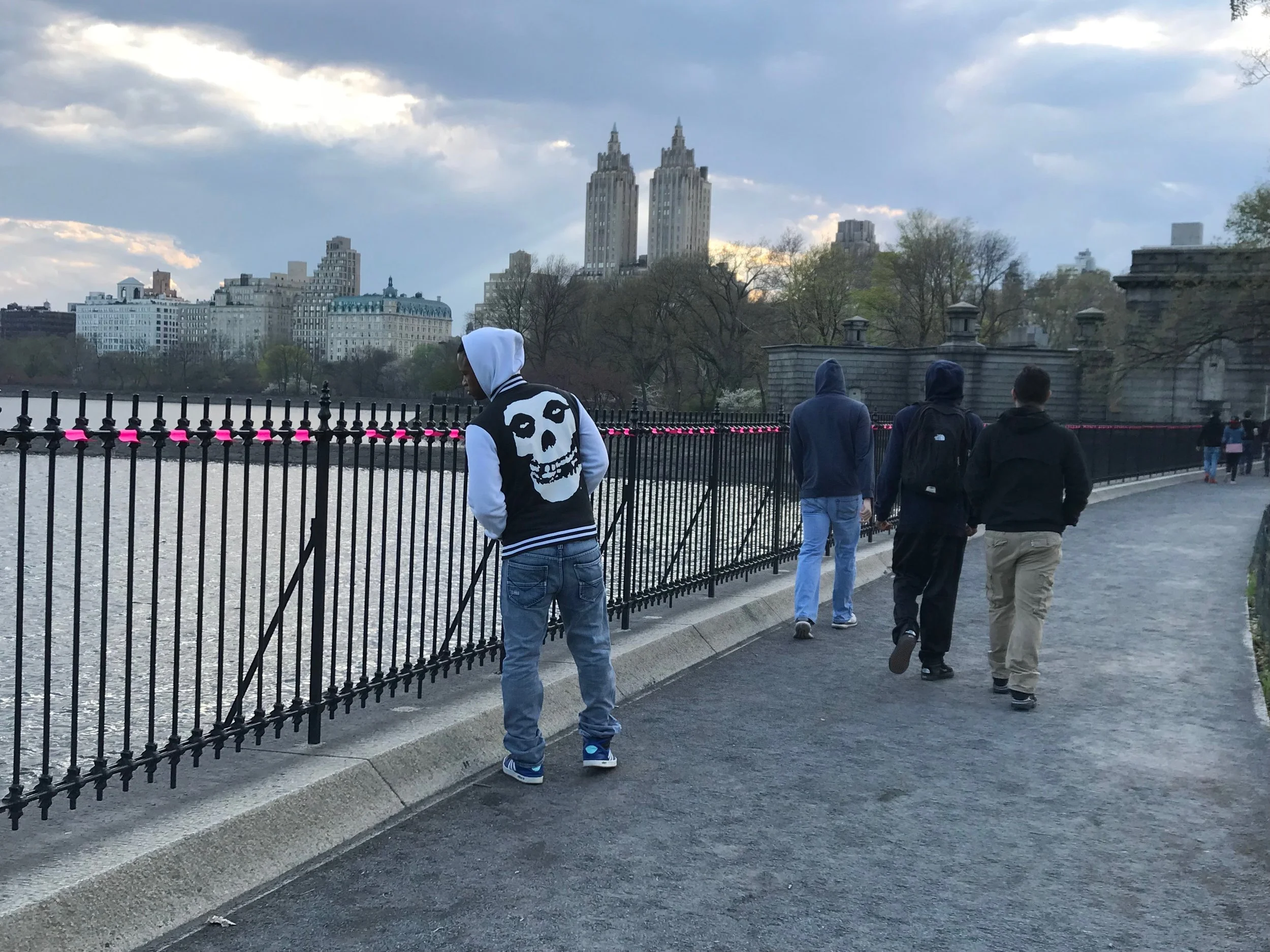
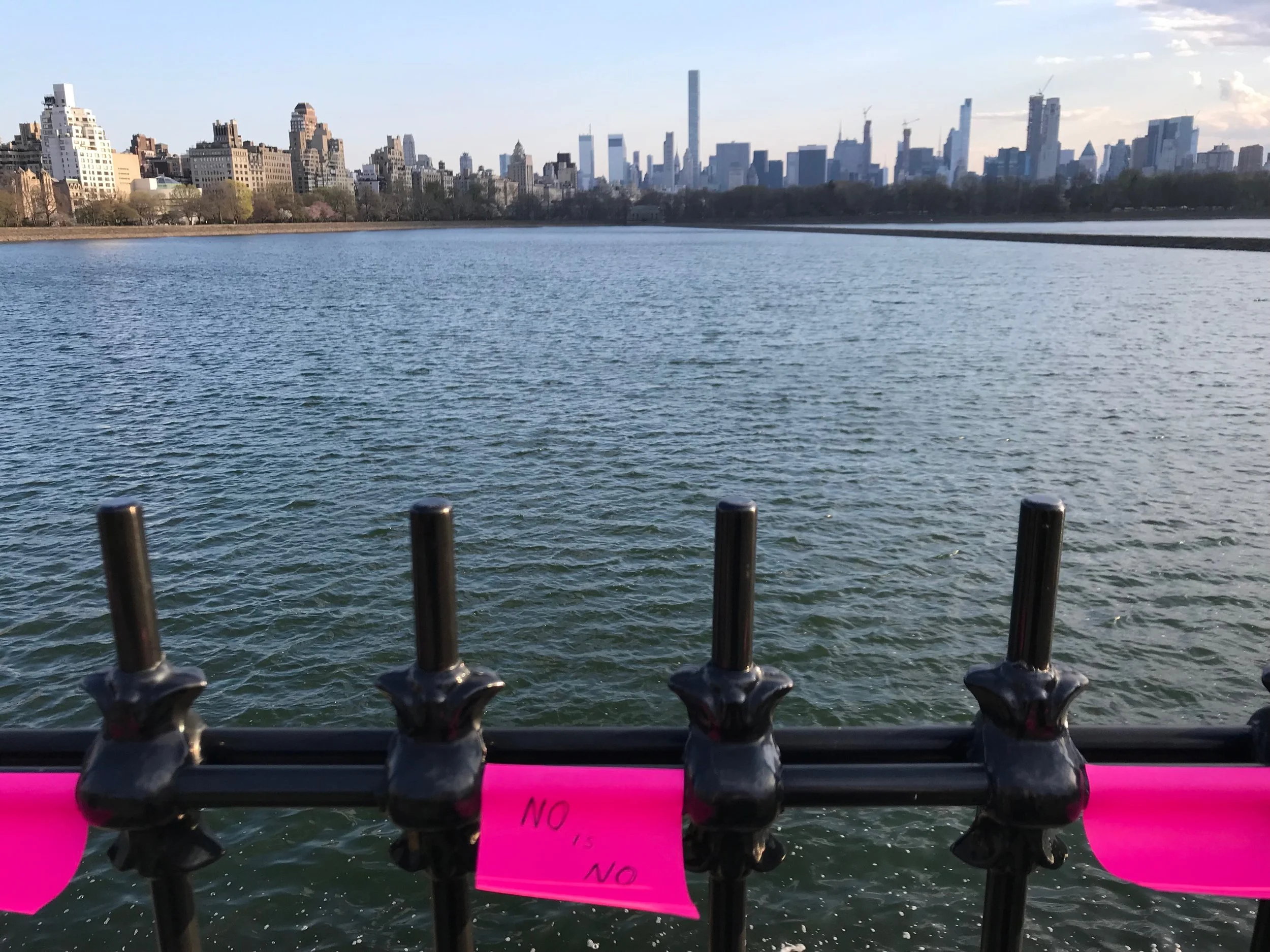
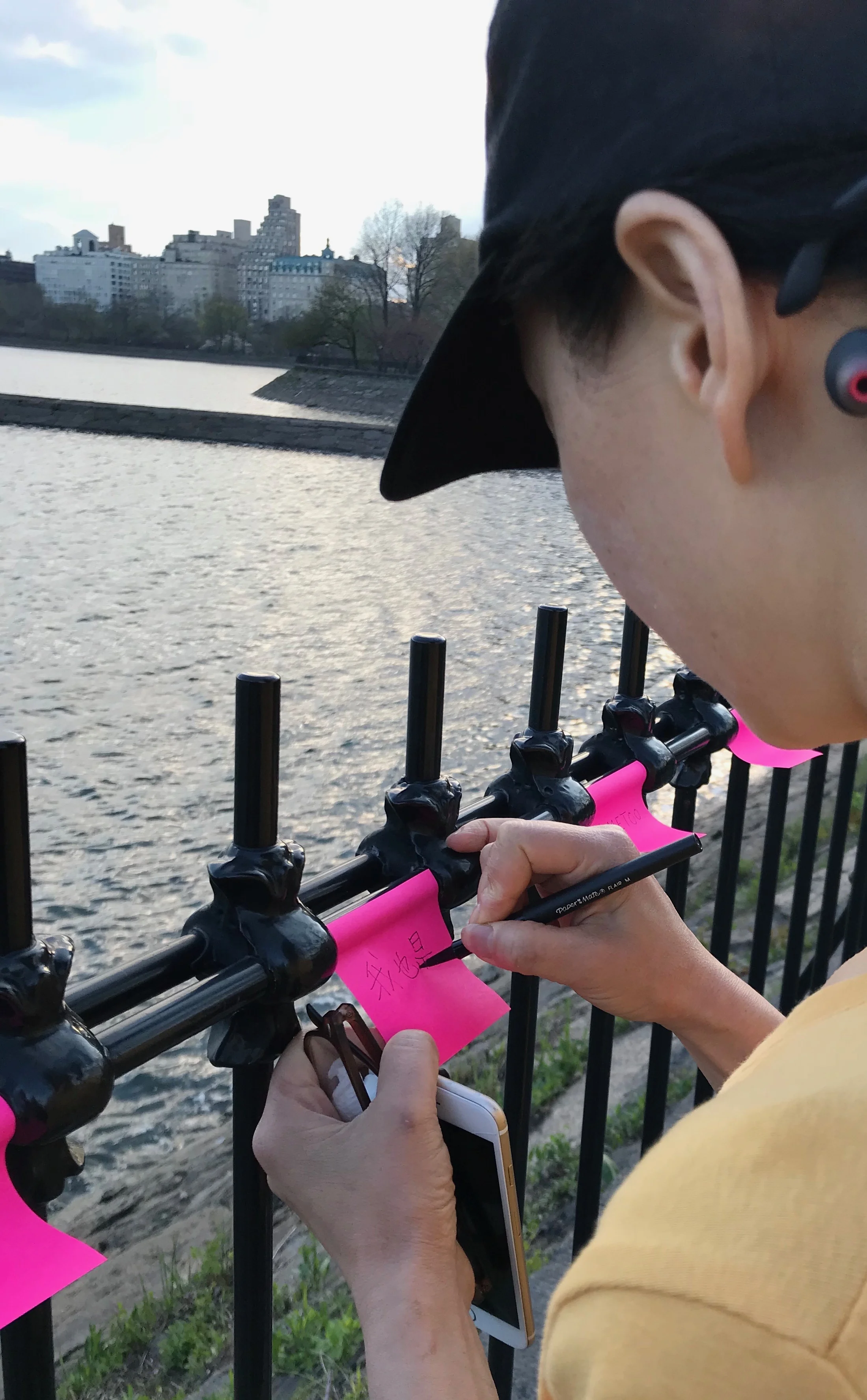
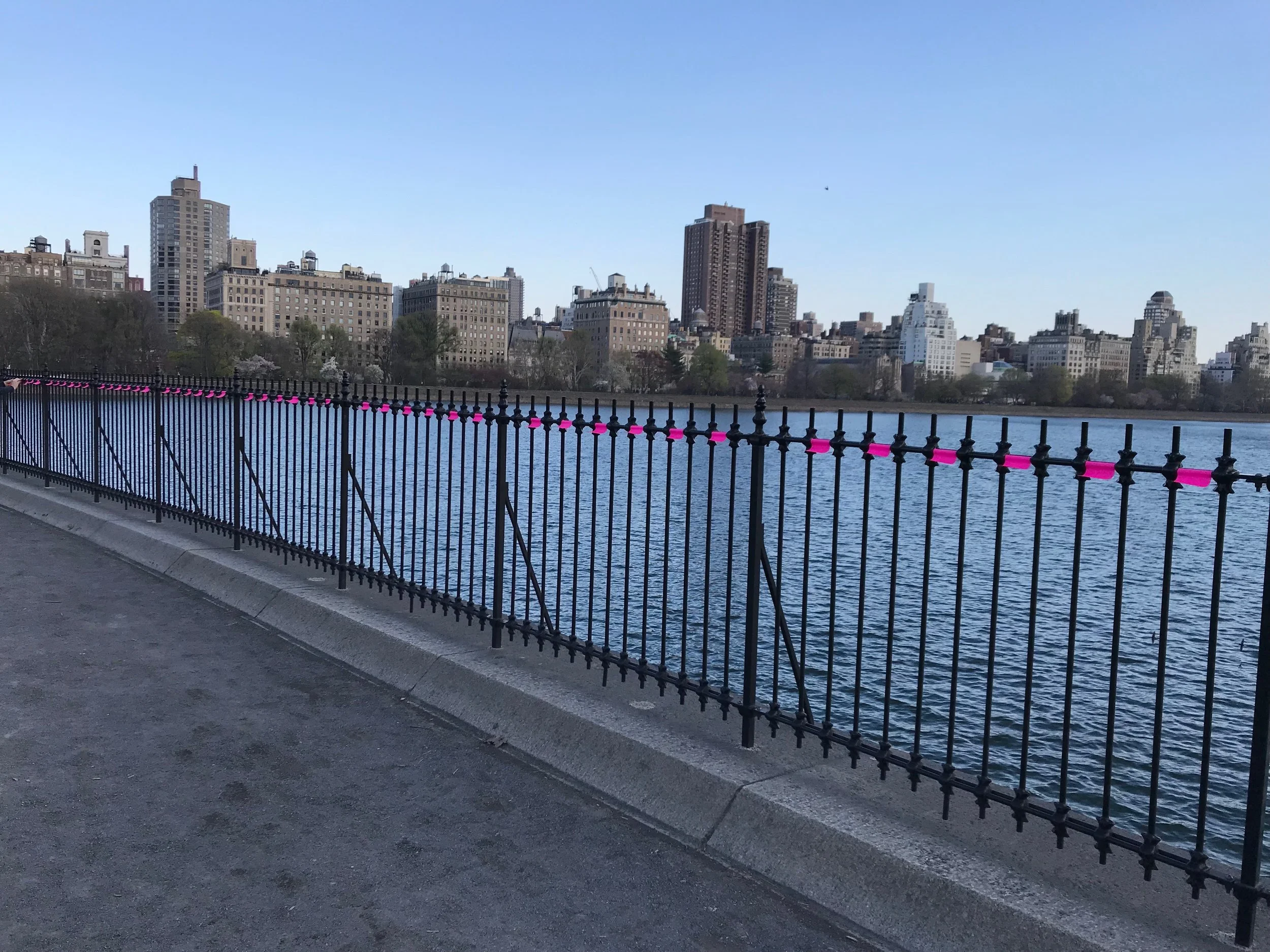
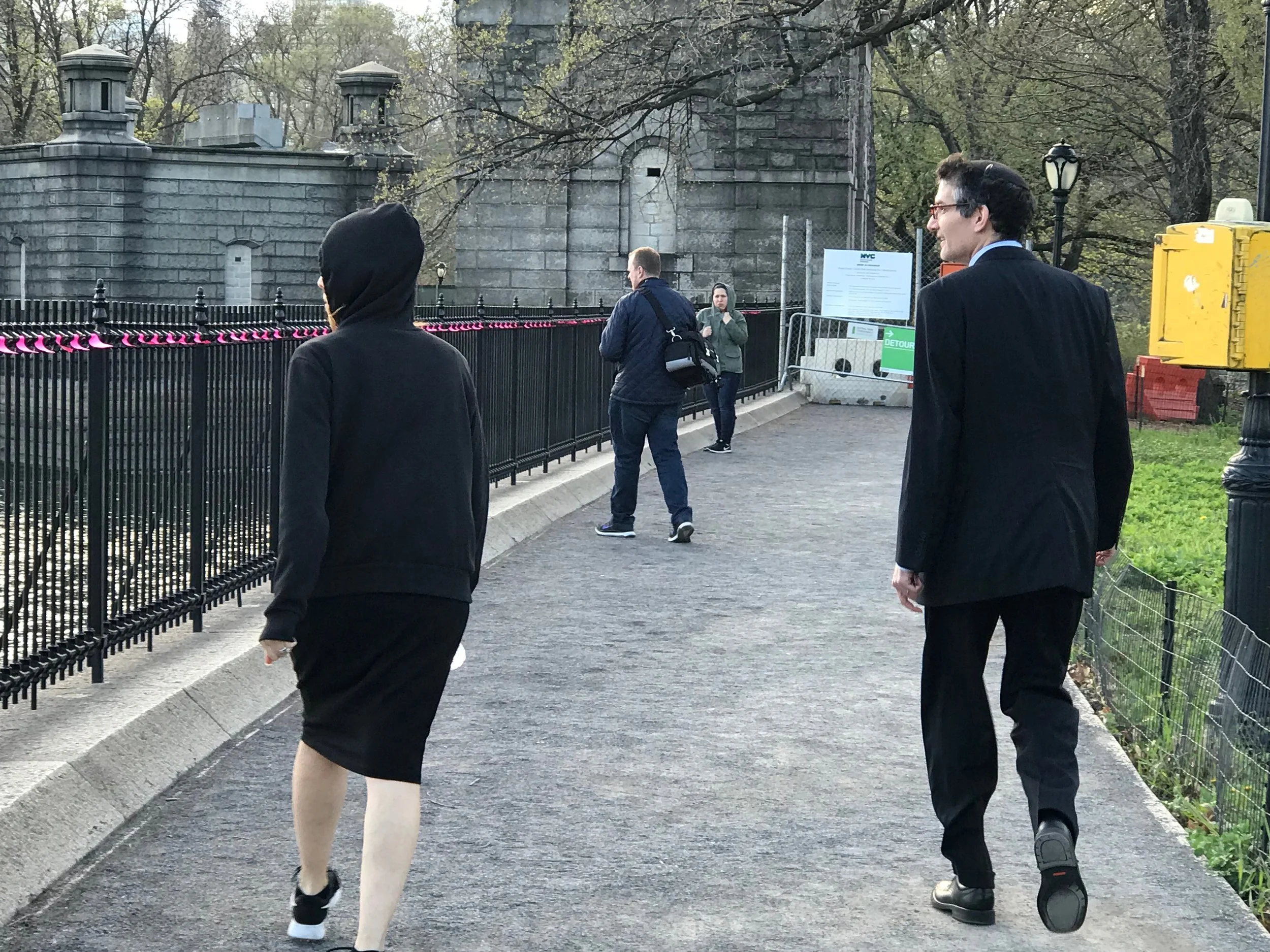
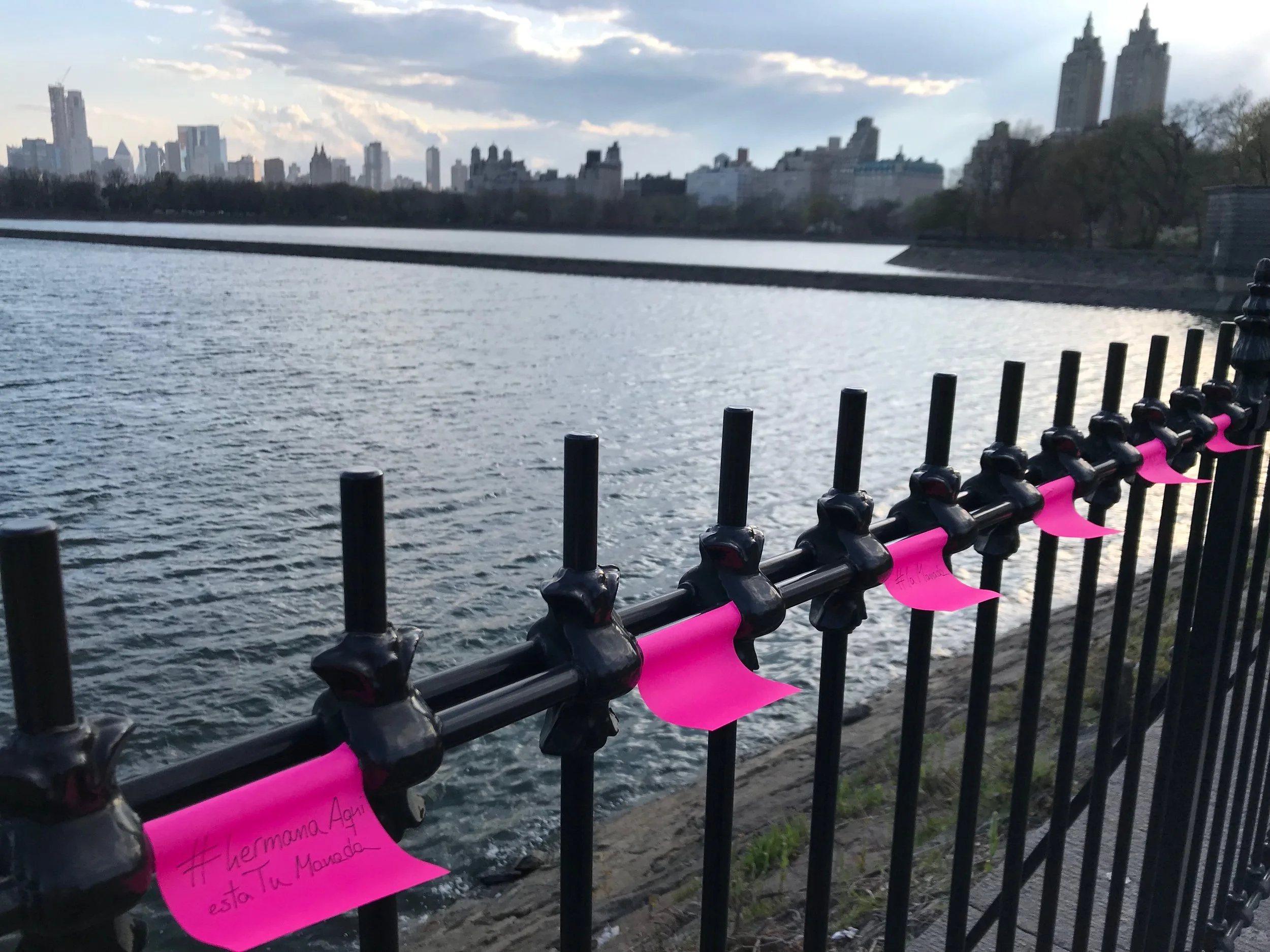
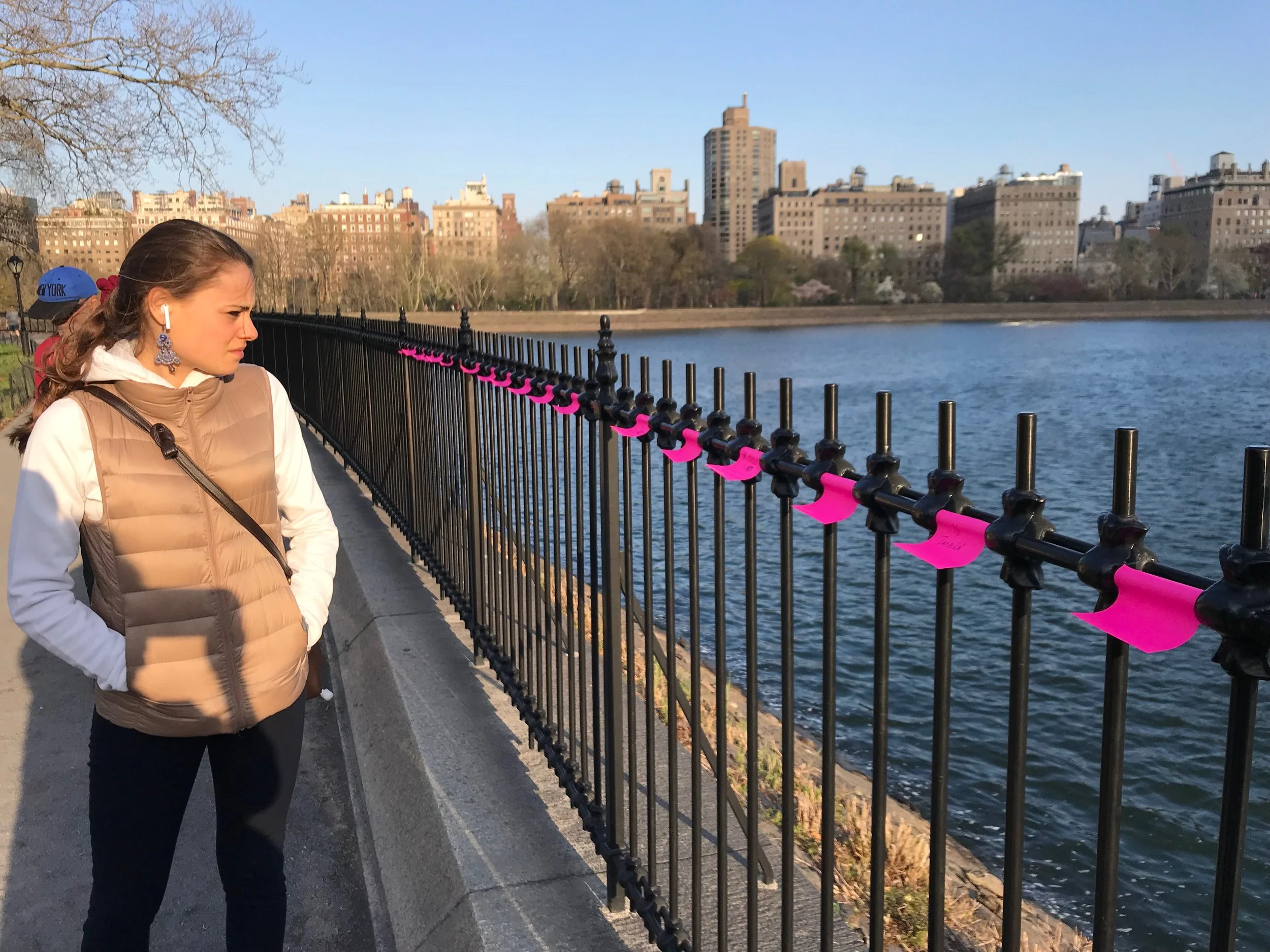
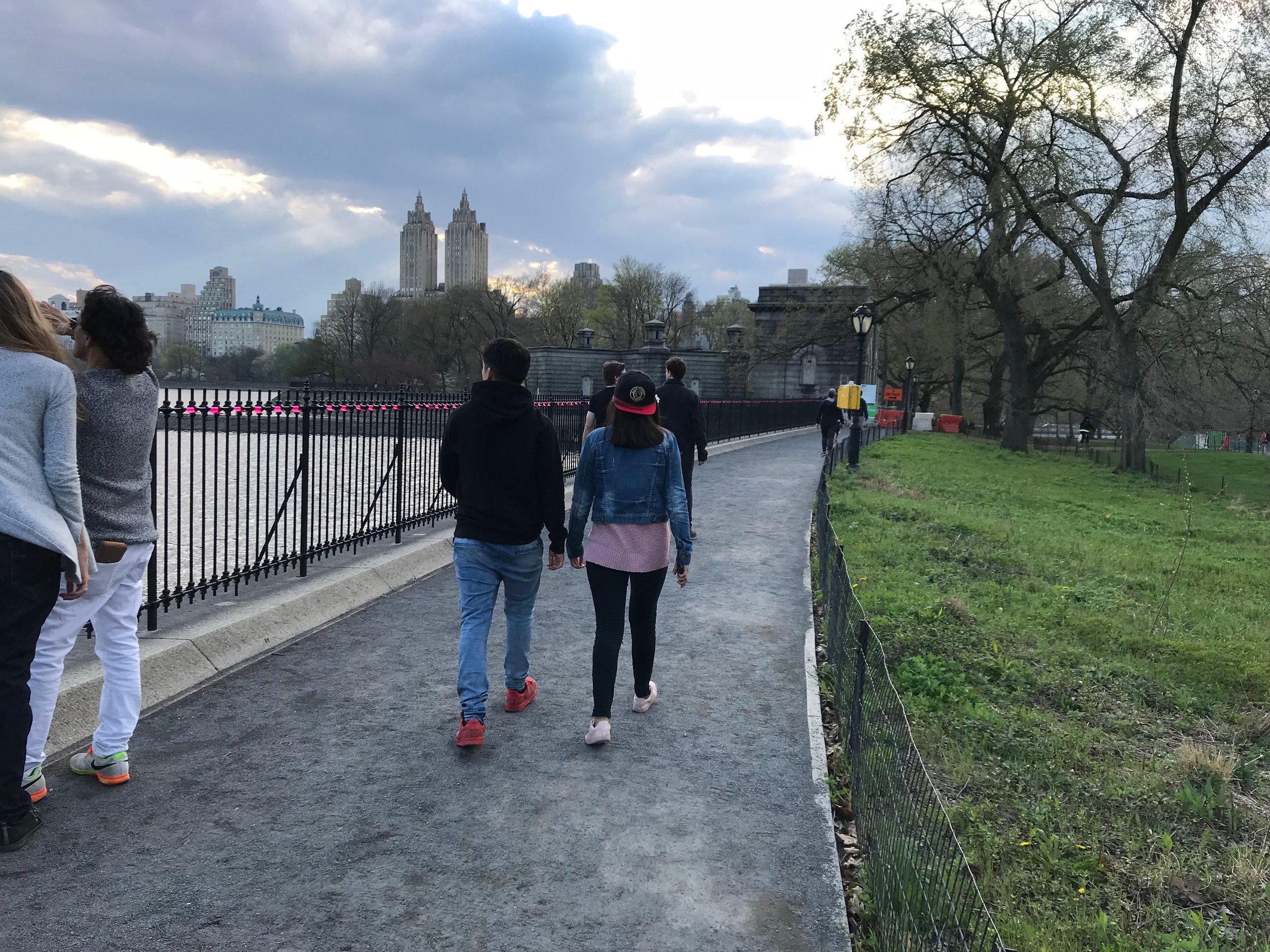
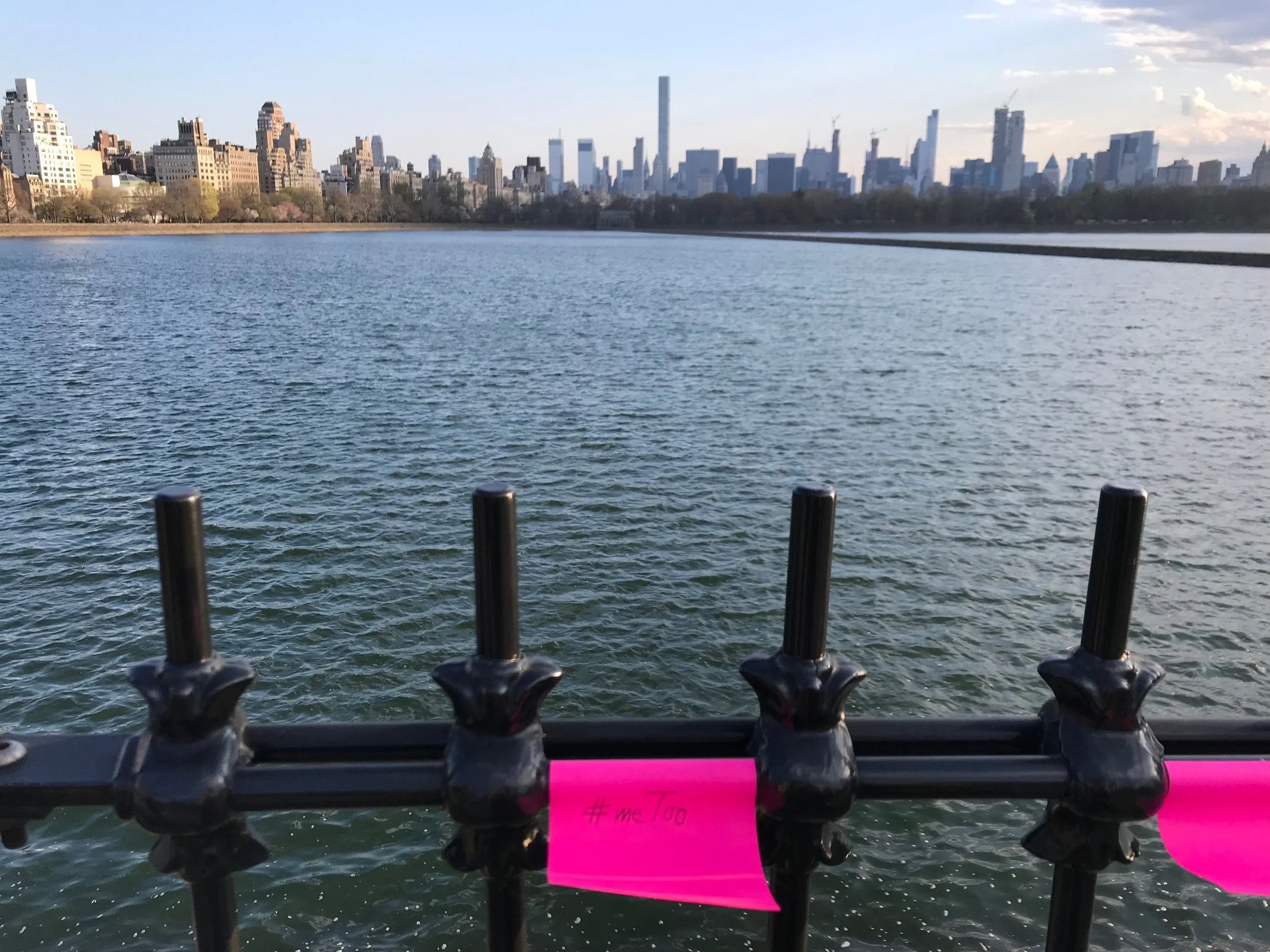
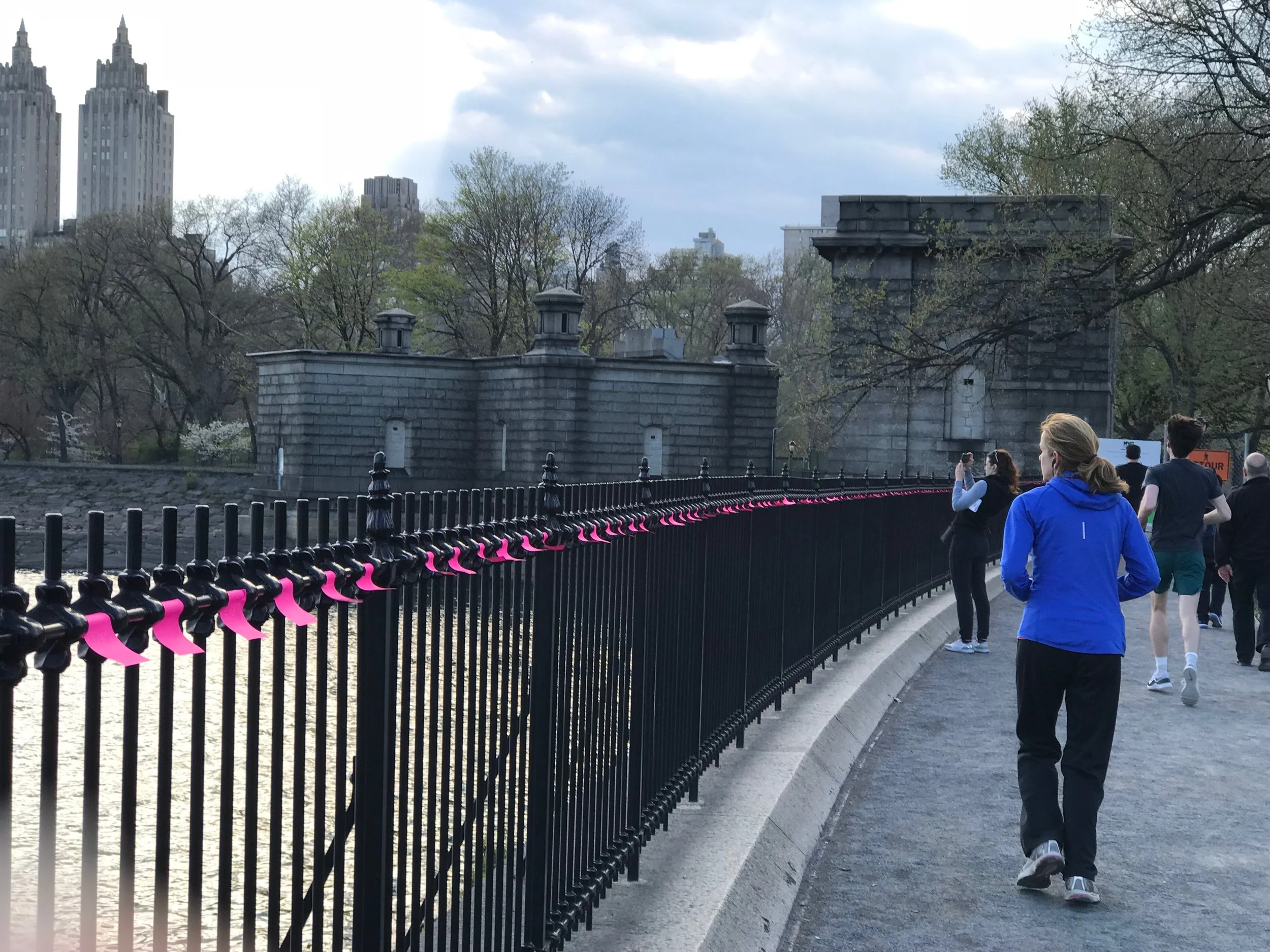
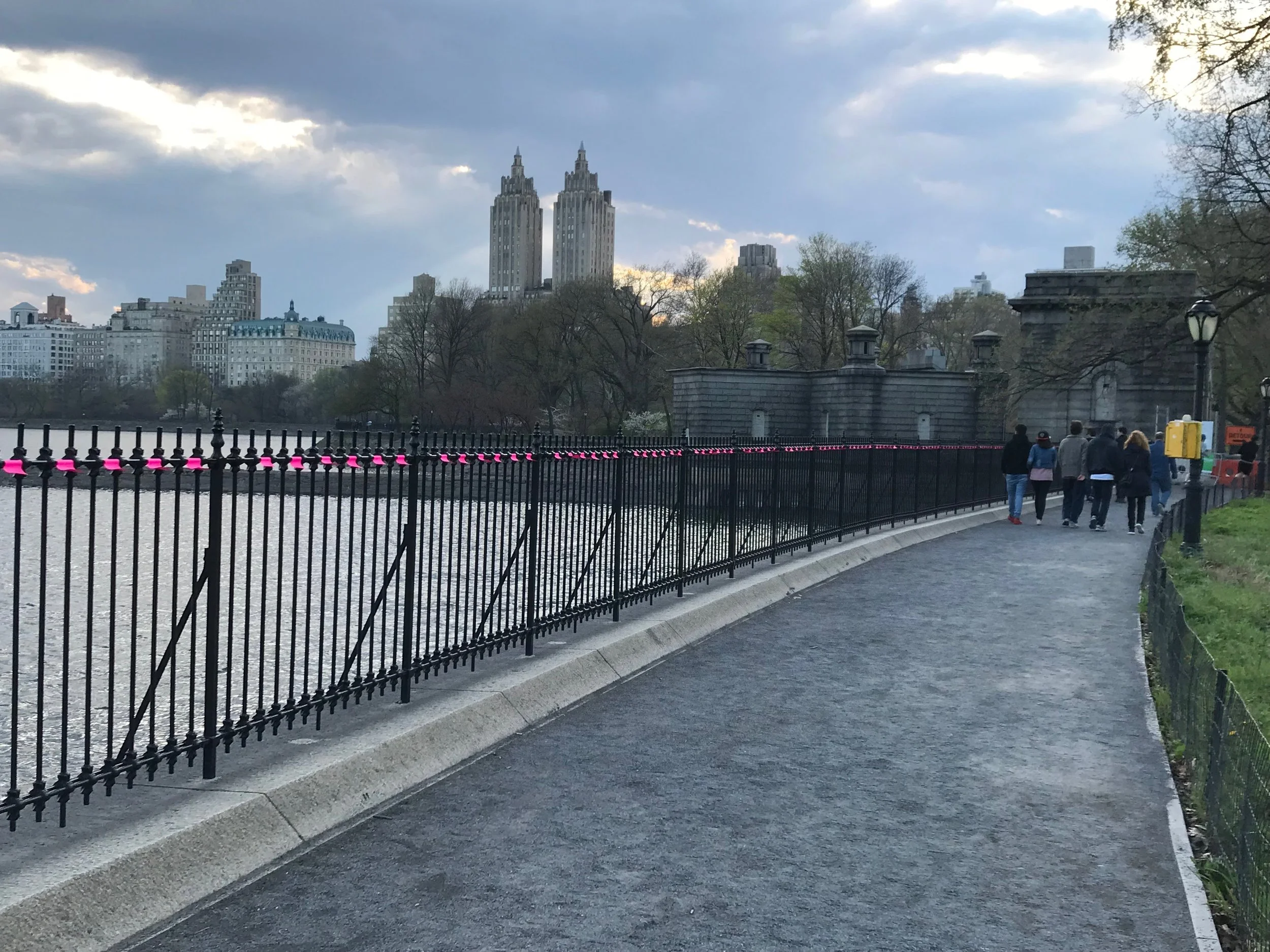


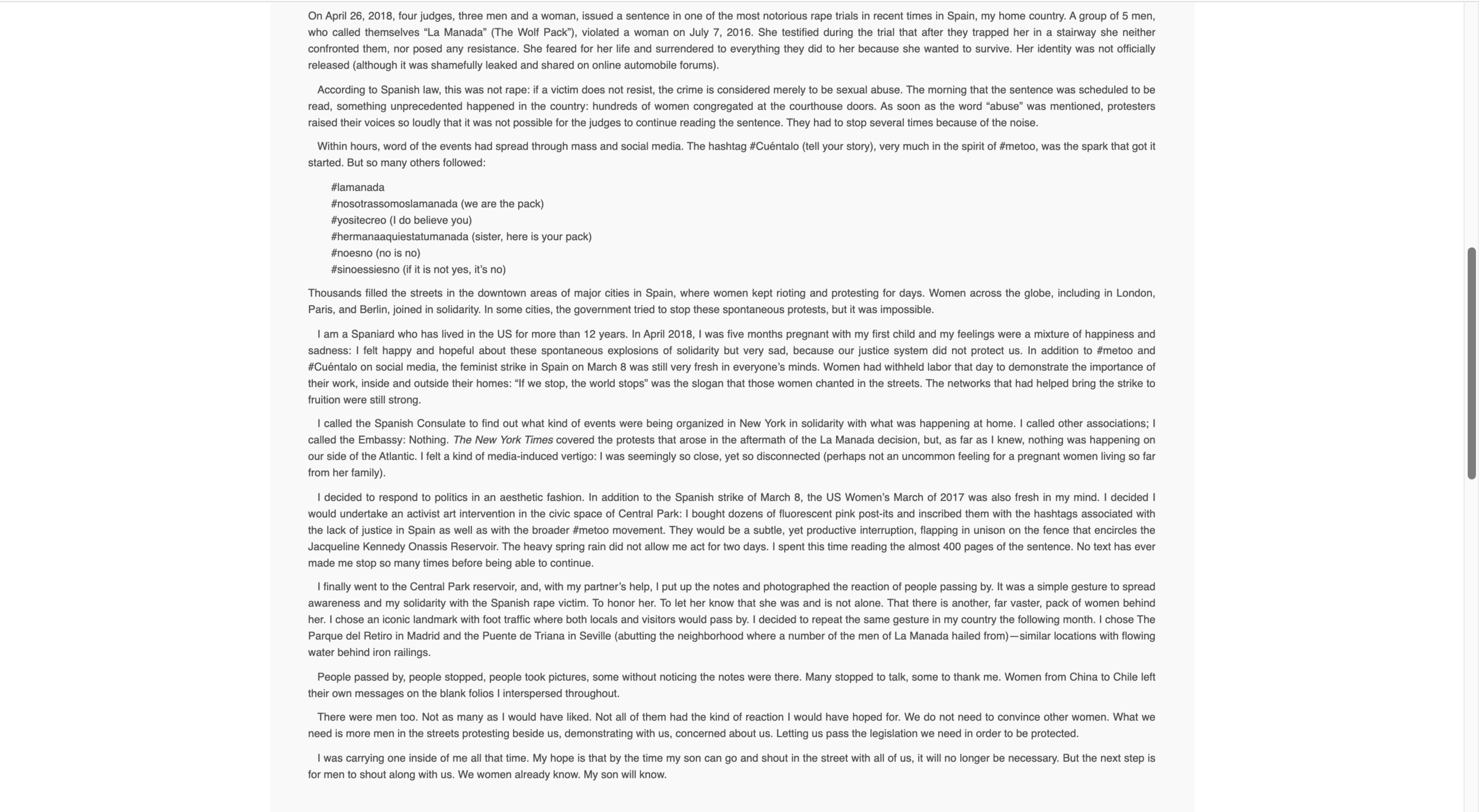


On April 26, 2018, four judges, three men and a woman, issued a sentence in one of the most notorious rape trials in recent times in Spain, my home country. A group of 5 men, who called themselves “La Manada” (The Wolf Pack”), raped a woman on July 7, 2016. She testified during the trial that after they trapped her in a stairway she neither confronted them, nor posed any resistance. She feared for her life and surrendered to everything they did to her because she wanted to survive. Her identity was not officially released (although it was shamefully leaked and shared on online automobile forums).
According to Spanish law, this was not rape: if a victim does not resist, the crime is considered merely to be sexual abuse. The morning that the sentence was scheduled to be read, something unprecedented happened in the country: hundreds of women congregated at the courthouse doors. As soon as the word “abuse” was mentioned, protesters raised their voices so loudly that it was not possible for the judges to continue reading the sentence. They had to stop several times because of the noise.
Within hours, word of the events had spread through mass and social media. The hashtag #Cuéntalo (tell your story), very much in the spirit of #metoo, was the spark that got it started. But so many others followed:
#lamanada
#nosotrassomoslamanada (we are the pack)
#yositecreo (I do believe you)
#hermanaaquiestatumanada (sister, here is your pack)
#noesno (no is no)
#sinoessiesno (if it is not yes, it’s no)
Thousands filled the streets in the downtown areas of major cities in Spain, where women kept rioting and protesting for days. Women across the globe, including in London, Paris, and Berlin, joined in solidarity. In some cities, the government tried to stop these spontaneous protests, but it was impossible.
I am a Spaniard who has lived in the US for more than 12 years. In April 2018, I was five months pregnant with my first child and my feelings were a mixture of happiness and sadness: I felt happy and hopeful about these spontaneous explosions of solidarity but very sad, because our justice system did not protect us. In addition to #metoo and #Cuéntalo on social media, the feminist strike in Spain on March 8 was still very fresh in everyone’s minds. Women had withheld labor that day to demonstrate the importance of their work, inside and outside their homes: “If we stop, the world stops” was the slogan that those women chanted in the streets. The networks that had helped bring the strike to fruition were still strong.
I called the Spanish Consulate to find out what kind of events were being organized in New York in solidarity with what was happening at home. I called other associations; I called the Embassy: Nothing. The New York Times covered the protests that arose in the aftermath of the La Manada decision, but, as far as I knew, nothing was happening on our side of the Atlantic. I felt a kind of media-induced vertigo: I was seemingly so close, yet so disconnected (perhaps not an uncommon feeling for a pregnant women living so far from her family).
I decided to respond to politics in an aesthetic fashion. In addition to the Spanish strike of March 8, the US Women’s March of 2017 was also fresh in my mind. I decided I would undertake an activist art intervention in the civic space of Central Park: I bought dozens of fluorescent pink post-its and inscribed them with the hashtags associated with the lack of justice in Spain as well as with the broader #metoo movement. They would be a subtle, yet productive interruption, flapping in unison on the fence that encircles the Jacqueline Kennedy Onassis Reservoir. The heavy spring rain did not allow me act for two days. I spent this time reading the almost 400 pages of the sentence. No text has ever made me stop so many times before being able to continue.
I finally went to the Central Park reservoir, and, with my partner’s help, I put up the notes and photographed the reaction of people passing by. It was a simple gesture to spread awareness and my solidarity with the Spanish rape victim. To honor her. To let her know that she was and is not alone. That there is another, far vaster, pack of women behind her. I chose an iconic landmark with foot traffic where both locals and visitors would pass by. I decided to repeat the same gesture in my country the following month. I chose The Parque del Retiro in Madrid and the Puente de Triana in Seville (abutting the neighborhood where a number of the men of La Manada hailed from)—similar locations with flowing water behind iron railings.
People passed by, people stopped, people took pictures, some without noticing the notes were there. Many stopped to talk, some to thank me. Women from China to Chile left their own messages on the blank folios I interspersed throughout.
There were men too. Not as many as I would have liked. Not all of them had the kind of reaction I would have hoped for. We do not need to convince other women. What we need is more men in the streets protesting beside us, demonstrating with us, concerned about us. Letting us pass the legislation we need in order to be protected.
I was carrying one inside of me all that time. My hope is that by the time my son can go and shout in the street with all of us, it will no longer be necessary. But the next step is for men to shout along with us. We women already know. My son will know.
